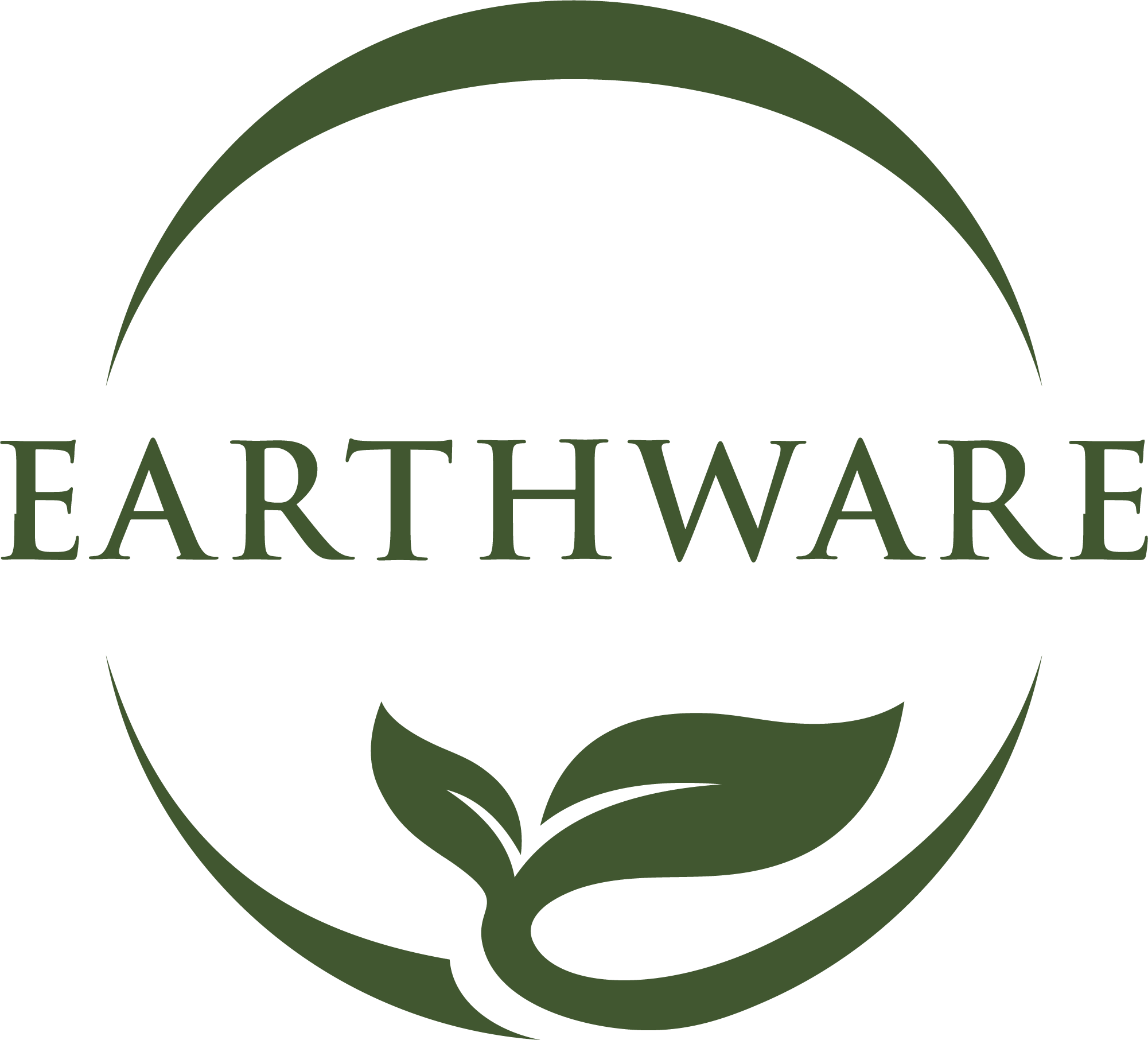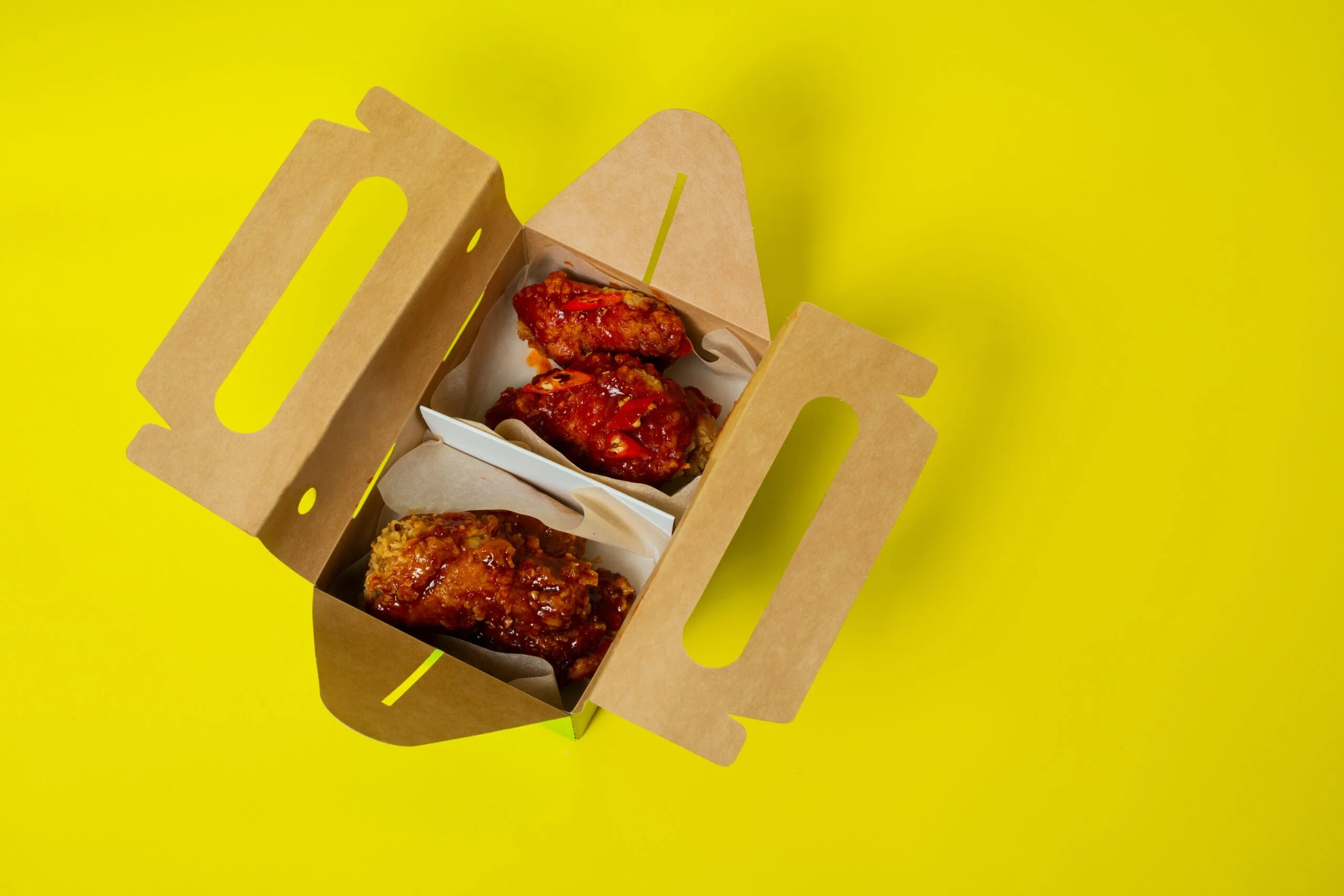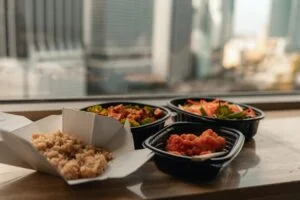Municipal composting (green cart) programs are becoming more widely available across Canada. Most larger cities either have a program in place already, such as Ottawa, Calgary, Toronto, and Vancouver, or pilot programs as is the case with Edmonton, Winnipeg, Montreal and Quebec. These programs are crucial in impacting both the amount of waste going into landfills, as well as curbing the amount of methane gas being produced by organic waste in those landfills. Not only is methane gas a contributor to climate change but it poses a danger to the landfill workers. In addition to the environmental benefits, municipal composting programs can also save cities a significant amount of money.
However, just as is the case with recycling programs, not everything that you think is compostable actually is. Every municipality has a long list of things you can and cannot put into your green cart. This is especially true with restaurant takeout and delivery containers. Many large restaurant chains, as well as small independent restaurants, are trying their best to be environmentally responsible citizens by using containers and utensils that are “100% compostable”. While it may be technically true that they are compostable, the fact is that the vast majority of municipalities do not accept these containers in their green cart programs. The reasons are that their composting process is shorter than the time needed to compost them, or that the cardboard packaging has a poly lining (that shiny stuff you see inside takeout containers) to prevent leakage and soggy cardboard, which is both common and non compostable.
The good news is that the Canadian Federal Government is taking action by announcing plans to ban “hard to recycle single use plastic takeout containers” by the end of 2021 as part of a plan to ban all single use plastics by 2030.
The concern is that those containers are just replaced by the misleading “100% compostable” containers, which means just as much waste going into the landfills.
Reusable containers are a well known solution that are well established in other countries, such as India where they have been using tiffins for decades, and South Korea where it is common to package takeout and delivery in reusable containers. There are also companies popping up all over Europe and the United States as government regulations on single use containers tighten. Some reusable containers have a lifespan of over 1,000 uses, and companies who provide these containers as a service to restaurants are subject to the same cleanliness and sanitation regulations as the restaurants. As these services become available to Canandian restaurants, it is their responsibility to give their customers the choice to stop filling the landfills with needless waste.
Polls have shown that restaurants who do offer reusable containers will be favored by 60% of consumers. So, reusable containers aren’t just good for the environment, they are good for business too.
![]()



